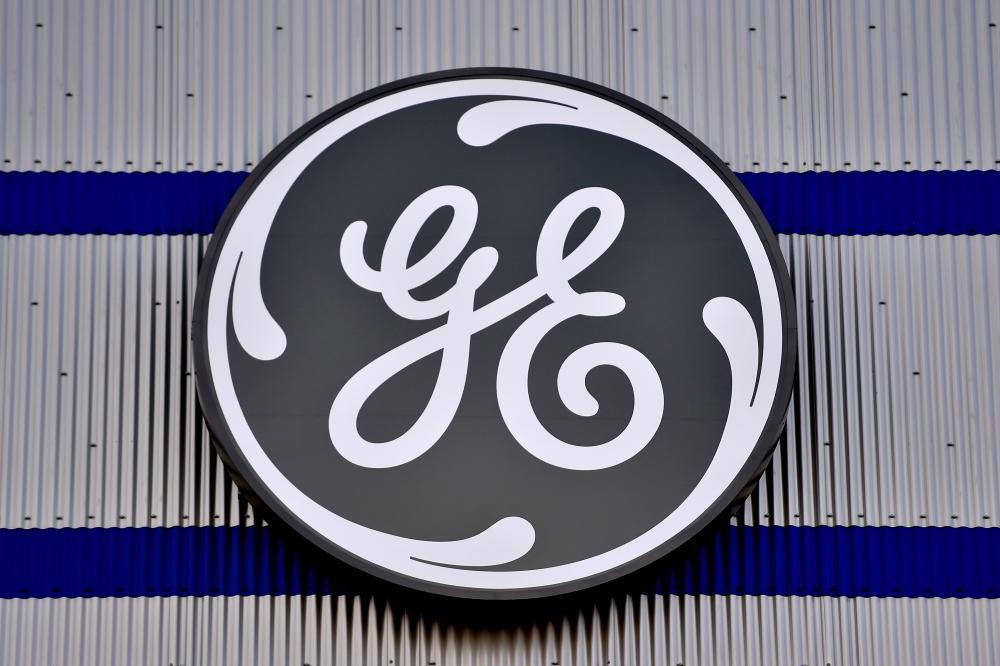NEW YORK: General Electric Co (GE) reported a bigger-than-expected loss today, due in part to sagging sales from its aviation business in the wake of the coronavirus outbreak.
The company's loss was US$2.2 billion in the second quarter, compared with a loss of US$61 million in the year-ago period. Revenues tumbled 24% to US$17.8 billion.
As with so many other companies, the coronavirus and shutdowns to contain the virus was the driving factor behind 2020 results.
However, GE saw less cash outflow than estimated in the second quarter. The Boston-based industrial conglomerate reported cash outflow of US$2.1 billion (RM8.9 billion) from industrial operations, a tad lower than a quarter ago and considerably below its own estimate of between US$3.5 billion and US$4.5 billion for the quarter.
GE suffered a 44% fall in revenues in its aviation business, where orders for plane engines have been derailed due to the downturn in commercial aviation that threatens major carriers.
The aviation unit, which makes engines for Boeing Co. and Airbus SE, had already been reeling from the grounding of Boeing's 737 MAX planes. With the pandemic bringing global travel to a virtual halt, its troubles have worsened.
However, the company is taking heart from an improvement in flight departures globally, which it expects would boost the unit's services business.
A recovery in the aviation business is critical for chief executive Lawrence Culp, who is trying to turn around the company by improving free cash flow and cutting debt.
While the company sees a slow recovery in the aviation business, it expects free cash flow to be better in the second half of the year and turn positive in 2021.
The company also took a one-time accounting charge of US$608 million in light of weakened expectations for aviation and customer credit risk. Aviation had been one of GE's stronger division prior to the coronavirus outbreak.
GE's healthcare business has played a role in the Covid-19 response through the production of ventilators to treat the illness. However, healthcare profits also fell on much lower revenues in the quarter due to weak demand for products less correlated to Covid-19.
"We're working through a still-difficult Covid-19 environment, and while it's still to early to predict the trajectory for the recovery of commercial aviation, we continue to plan for a prolonged return to prior levels of activity," said Culp.
"Still, based on what we see today and the actions we've taken, sequential improvement in earnings and cash in the second half of the year is achievable."
GE reduced aviation headcount by 11% during the quarter as part of a plan to cut 25% of its global workforce this year. The cuts helped improve decremental margin at the unit to 59% from 62% in the first quarter.
Analysts at Gordon Haskett Research Advisors, however, dubbed the progress as "weak", warning the lagging impact of the pandemic could further hurt the performance of the services part of GE's aviation business in the third quarter.
GE said it is launching a programme to fully monetise its stake in Baker Hughes over about three years to reduce its debt.
On an adjusted basis, GE reported a loss of 15 cents per share compared with a loss of 10 cents a share estimated by analysts, according to IBES data from Refinitiv. – AFP, Reuters










